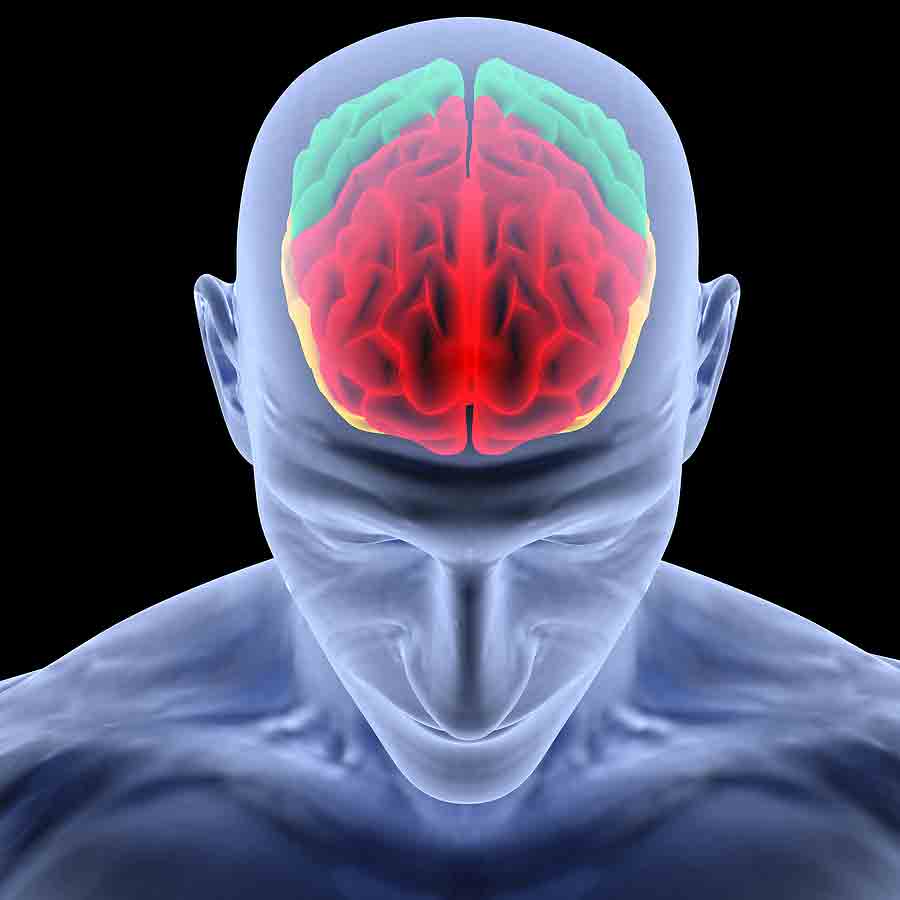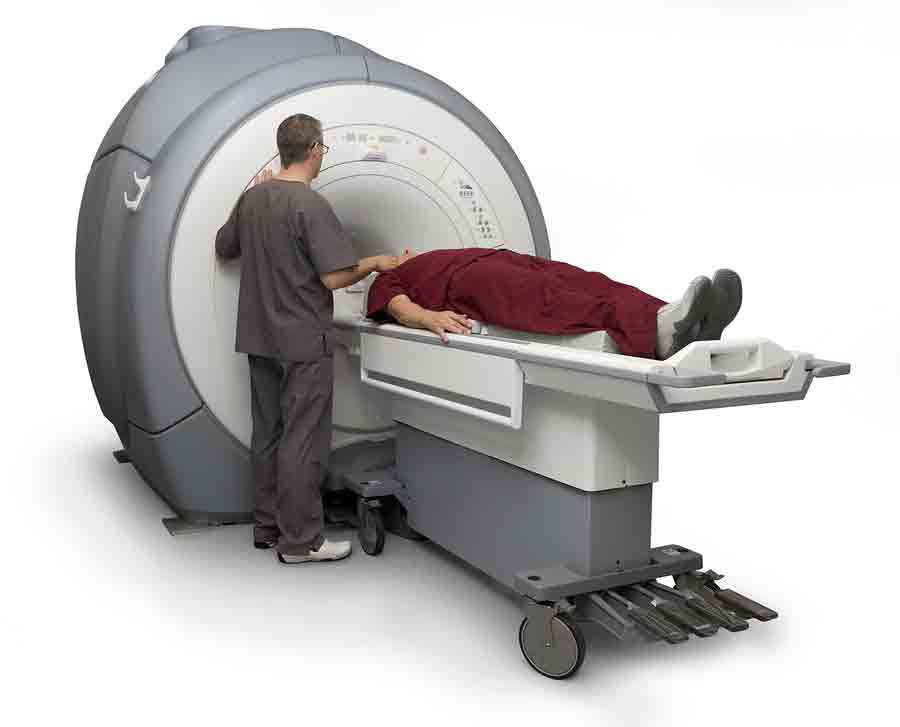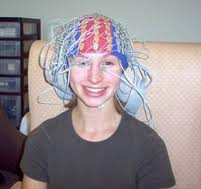Posts Tagged ‘MRI’
Attention: Why do SuperAgers Maintain Memory and a Thick Cortex?
Are brain aging and cognitive decline ineluctable? Maybe not. Growing research is helping identify “SuperAgers” whose brains at 80+ appear as young as the brains of people in their 50s. What the latest SuperAgers study found In a recent paper, researchers defined SuperAgers as people over 80 whose memory performance was at least as good as average 50- to…
Read MoreStudy: MRI scan technicians can experience negative neurocognitive effects
MRI workers experience transient neurocognitive effects (News Medical): “Individuals working in the vicinity of magnetic resonance imaging (MRI) machines may experience transient neurocognitive effects when moving their heads, research demonstrates…Study participants who completed standardized
Read MoreWill EEG Data Analysis Help Diagnose Autism?
Computer analysis of EEG patterns suggests a potential diagnostic test for autism (Eureka Science News): “Widely available EEG testing can distinguish children with autism from neurotypical children as early as age 2, finds a study from Boston Children’s Hospital. The study is the largest, most rigorous study to date to investigate EEGs as a potential diagnostic…
Read MoreResearch on ‘Chemo Brain’: MRI Shows Brain Changes After Chemotherapy
‘Chemo Brain’: MRI Shows Brain Changes After Chemotherapy (Medscape): — “Breast cancer survivors who have been treated with chemotherapy show significant changes in brain activity, measured by functional magnetic resonance imaging (fMRI), according to a study published in the November issue of the Archives of Neurology.” — “The finding validates patients’ claims of reduced cognitive function after…
Read MoreMemory Problems? Perhaps you are Multi-tasking
Today’s kids are into multi-tasking. This is the generation hooked on iPods, IM’ing, video games — not to mention TV! Many people in my generation think it is wonderful that kids can do all these things simultaneously and are impressed with their competence. Well, as a teacher of such kids when they reach college, I…
Read MoreUnderstanding Brain Imaging
Daniel Lende and Greg Downey run the though-provoking Neuroanthropology blog. Daniel also teaches a class at University of Notre Dame, and he asked his students to submit group-based blog posts in lieu of the traditional final essays. He explains more on Why A Final Essay When We Can Do This?. Below you have a spectacular…
Read More



